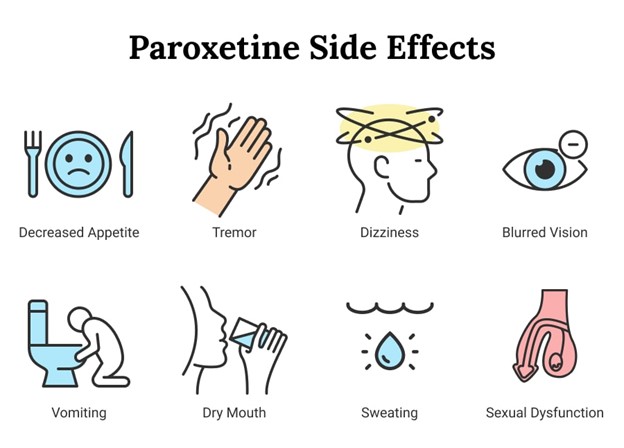A nurse is caring for a client who is in shock and is receiving an infusion of albumin. Which of the following findings should the nurse expect?
Decrease in protein
Oxygen saturation 96%
PaCO2 30 mm Hg
Increase in BP
The Correct Answer is D
A. Decrease in protein:
This choice is incorrect. Albumin is a protein found in the blood, and when a client is receiving an infusion of albumin, it is likely to increase, not decrease, the overall protein level in the bloodstream. Albumin infusions are often given to help increase plasma oncotic pressure and improve fluid retention in conditions like shock.
B. Oxygen saturation 96%:
This choice is incorrect. Oxygen saturation of 96% is within the normal range and reflects adequate oxygenation. It doesn't directly relate to the administration of albumin in shock.
C. PaCO2 30 mm Hg:
This choice is incorrect. The partial pressure of carbon dioxide (PaCO2) of 30 mm Hg reflects a respiratory value and doesn't directly relate to the administration of albumin or the management of shock. It's important for assessing acid-base balance, but it's not a specific finding related to the albumin infusion.
D. Increase in BP:
This is the correct choice. Albumin is a colloid solution that helps increase the oncotic pressure within blood vessels, which can contribute to an increase in blood volume. When blood volume increases, it can lead to an increase in blood pressure, which is a desired effect in the management of shock. Increasing blood pressure helps improve perfusion to vital organs and tissues, which is essential in shock situations.
Nursing Test Bank
Naxlex Comprehensive Predictor Exams
Related Questions
Correct Answer is D
Explanation
The correct sequence of steps for mixing regular insulin and NPH insulin in the same syringe is as follows:
D. Inject air into the NPH insulin vial.
B. Inject air into the regular insulin vial.
C. Withdraw the regular insulin from the vial.
A. Withdraw the NPH insulin from the vial.
So, the nurse should first inject air into the NPH insulin vial.
Correct Answer is A
Explanation
A. Drowsiness:
Correct Answer: This adverse effect is important for the client to monitor for when taking paroxetine.
Explanation: Paroxetine is an antidepressant medication classified as a selective serotonin reuptake inhibitor (SSRI). Drowsiness or sedation can be a common side effect of paroxetine and other SSRIs. The client should be advised to monitor their response to the medication and report excessive drowsiness to their healthcare provider.
B. Peripheral edema:
Incorrect Explanation: Peripheral edema is not a typical adverse effect of paroxetine.
Explanation: Peripheral edema is not a common side effect associated with paroxetine use. It's important to monitor for adverse effects, but this specific symptom is not usually associated with this medication.
C. Tinnitus:
Incorrect Explanation: Tinnitus (ringing in the ears) is not commonly associated with paroxetine use.
Explanation: Tinnitus is not a typical side effect of paroxetine. It's important for the client to report any new or unusual symptoms, but tinnitus is not one of the more common adverse effects of this medication.
D. Alopecia:
Incorrect Explanation: Alopecia (hair loss) is not commonly associated with paroxetine use.
Explanation: Alopecia is not a typical side effect of paroxetine. While hair loss can occur with certain medications, it is not a common concern with paroxetine.

Whether you are a student looking to ace your exams or a practicing nurse seeking to enhance your expertise , our nursing education contents will empower you with the confidence and competence to make a difference in the lives of patients and become a respected leader in the healthcare field.
Visit Naxlex, invest in your future and unlock endless possibilities with our unparalleled nursing education contents today
Report Wrong Answer on the Current Question
Do you disagree with the answer? If yes, what is your expected answer? Explain.
Kindly be descriptive with the issue you are facing.
